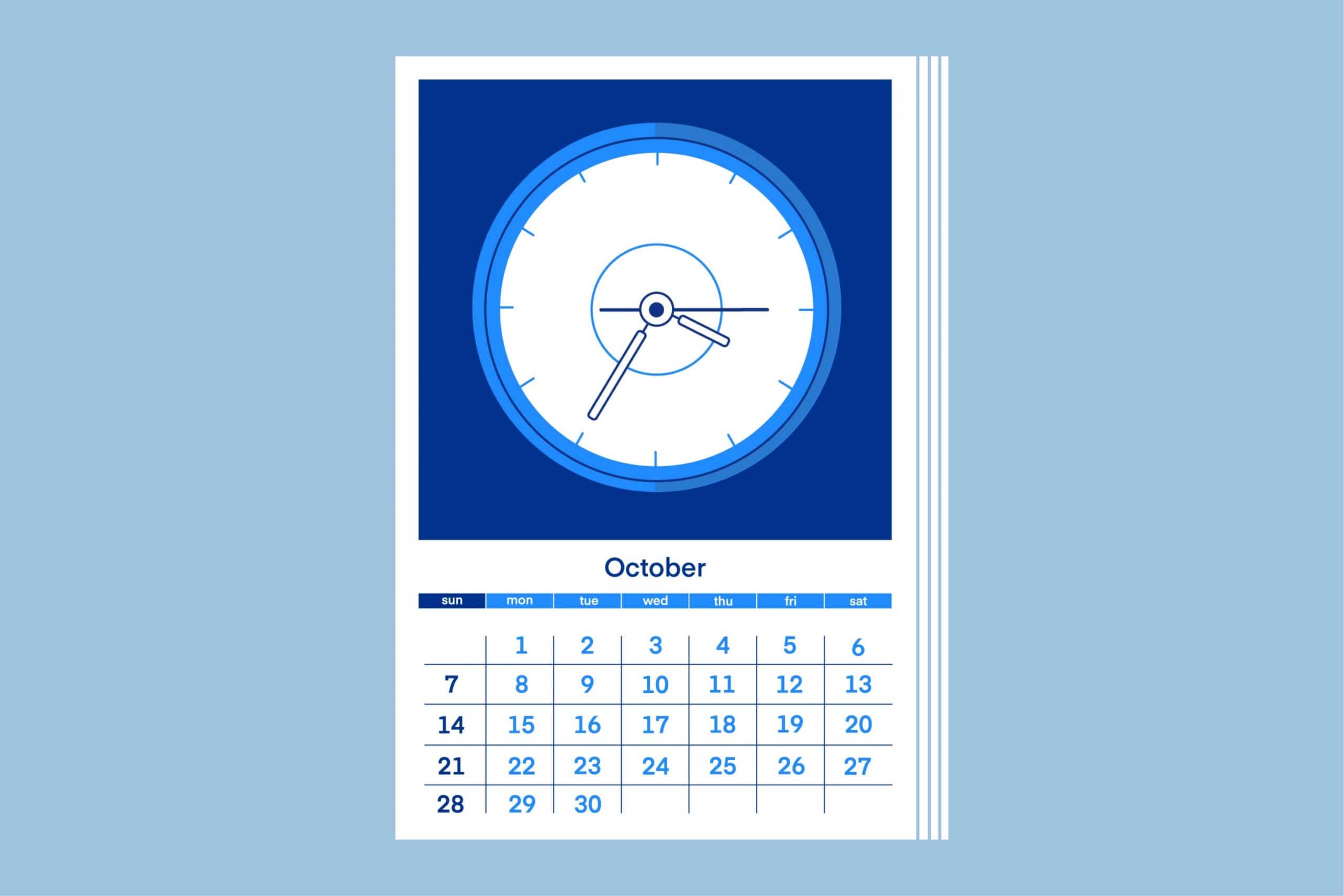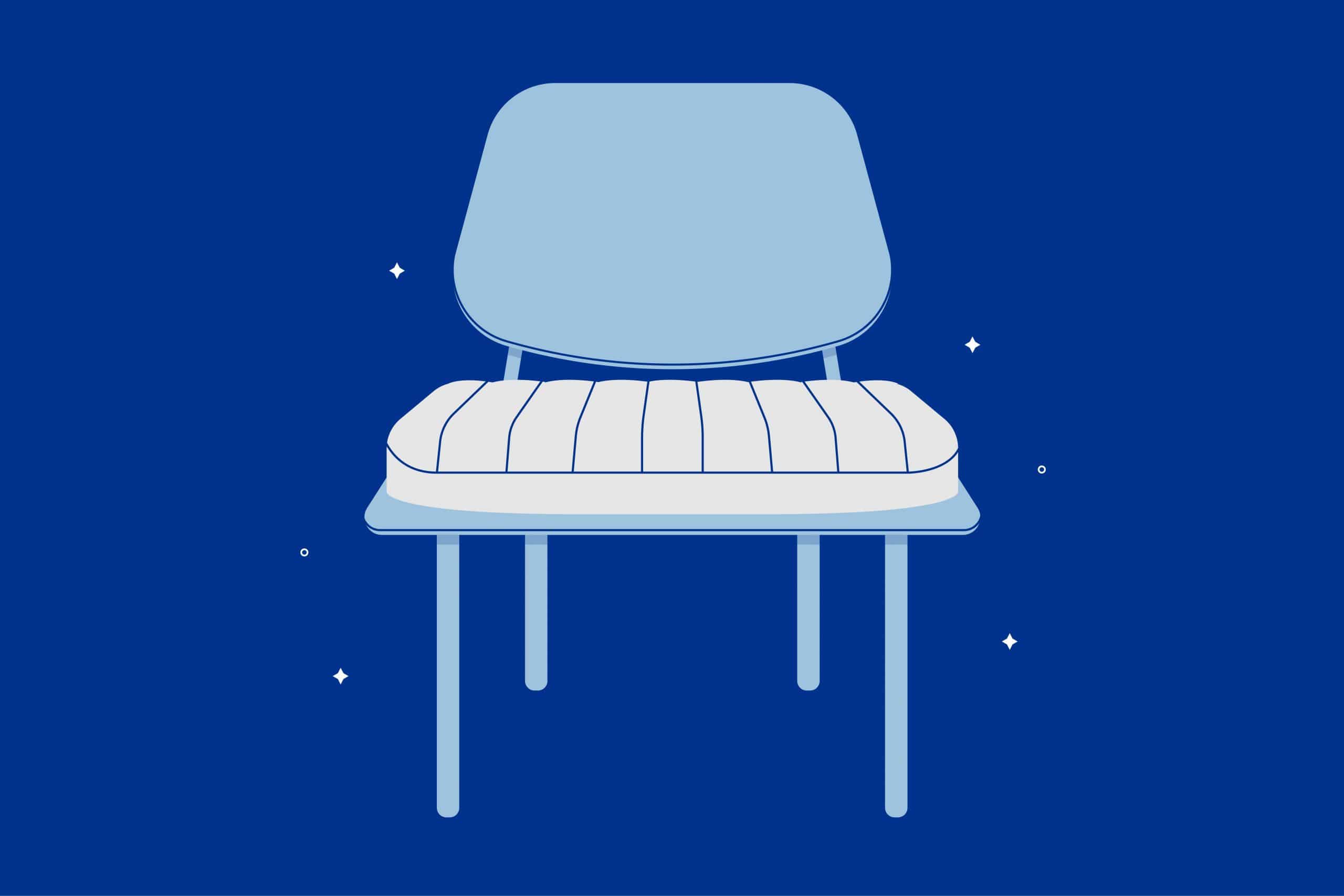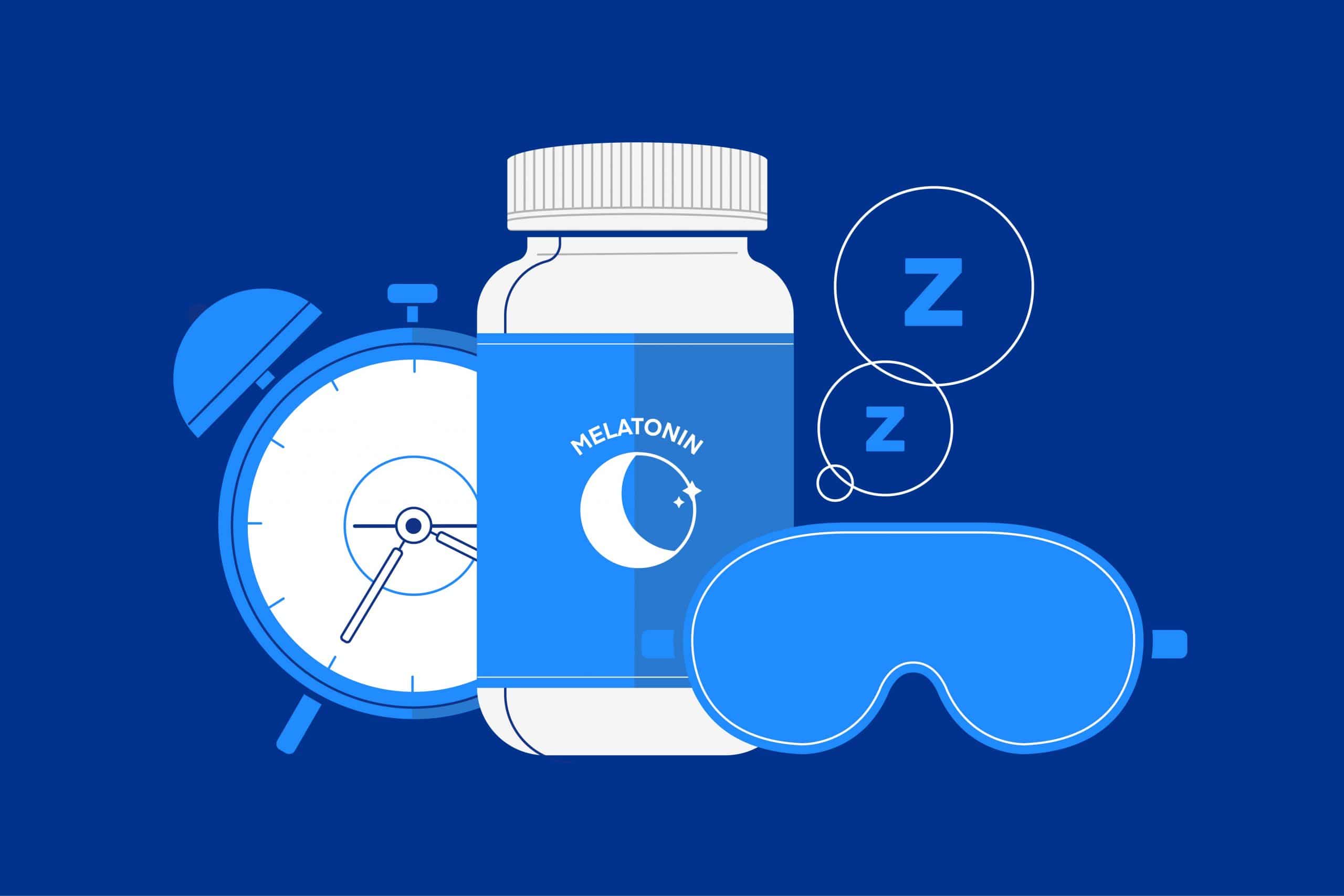If you’re one of the 70% of U.S. adults who share your sleeping space with a significant other, you know that bedtime isn’t all cuddles and kisses.
Nope, sleeping in the same bed with someone else is often an exercise in patience—and compromise. A partner’s buzzsaw-like snoring or restless legs can keep you awake for hours. And nothing puts you in a rage at 3 A.M. quite like having your half of the blankets stolen away.
But that’s not all. What happens when one of you is a morning lark and the other is a night owl? (After all, they say that opposites attract, right?) You might find yourself trying to fall asleep while your partner is just getting their second wind. Or staying up alone for hours after your partner has dozed off.
Having different snooze patterns isn’t always fun, and it might not be great for your sleep quality—or for your relationship. Some research has shown that couples with different sleep schedules tend to report less satisfaction and intimacy, and more conflict, compared to those whose sleep schedules are closely synced.
It gets worse. Unless you sleep like a log, it’s tough to snooze restfully while someone nearby is awake. Plus, lack of quality shuteye is linked to more frequent and more intense fighting in couples. And if you’ve ever spent the night tossing and turning, you know how easy it can be to blow up over little stuff. (How could you leave the toothpaste cap unscrewed AGAIN!?!”)
Dealing with different sleep schedules.
So what can you do from keeping your mismatched bedtimes from messing with your relationship—and your sanity?
First, the bad news: Experts agree that you can’t really change your chronotype. You might be able to shift your usual schedule by an hour or even two. But try to push it more than that, and you’re basically fighting biology. Which is always a losing battle.
But all isn’t lost. Here are a few things that can help.
Try meeting in the middle.
Heads up, this won’t work if you’re conked out by 10PM and your partner stays up until 3AM. But if your bedtimes differ by an hour or so, you might be able to meet halfway. Over the course of a week, shift your bedtime by 10 minutes, until you’re staying up half an hour later and they’re going to bed half an hour earlier (or vice versa).
Make your bedroom work for everyone.
This is especially helpful if you live in a small space. If you like to stay up and read, set up a nook on the other side of the room instead of reading in bed, where the light is more likely to disrupt your partner. If they have to get up earlier for work, have them lay out their clothes the night before and get ready in the bathroom. Want to take things to the next level? Consider investing in a canopy bed with dark, heavy curtains to block outside light, like this.
Or, consider sleeping separately.
Plenty of couples with mismatched sleep schedules swear by it. Separate bedrooms might feel cold, but if it helps you and your partner get the sleep you each need, the time you spend together while awake will likely be happier. The one caveat? You’ve still got to carve out time for each other.
Respect each other’s schedules.
Whether it’s late at night or early in the morning, try to maintain an awareness that your partner is sleeping—and try not to disturb them. Wear headphones and install a nightlight in your room so you can climb into bed without turning on the lights (or crashing into anything in the dark).
And if you get up first, make sure you save some of the coffee for them.
Another Factor to Consider: Your Mattress
The best mattress for your sleeping style may not be the best for your partner.
You may need a nice soft memory foam mattress, while your partner prefers something firmer and ideal for back sleepers.
Trying to find a bed that works for both of you is a good goal, otherwise, as we mentioned above, consider separate mattresses for optimal comfort and individualized support.
About the author
Geoff McKinnen is a writer focusing mainly on the healthcare industry and has written articles on everything from foods to help you lose weight to the connection between Alzheimer’s and sleep. Geoff’s passionate about helping readers improve their well-being to lead happier lives. Outside of work, Geoff enjoys cycling and hiking and believes that by leading a healthy lifestyle, he can help others do the same.
View all posts





